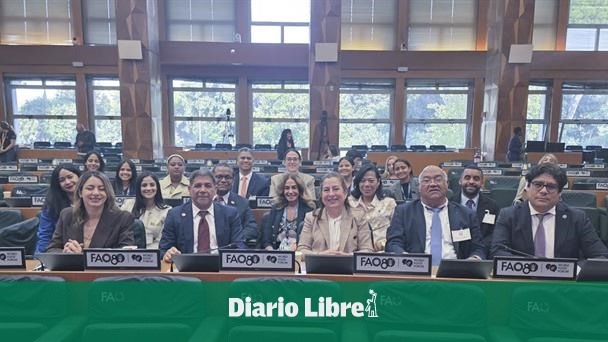The clamp to Feijóo

A hypothesis is emerging on the Spanish political scene that, without the need for excessive speculation, seems plausible: the convergence of interests between the PSOE and Vox around a common goal: the weakening of Alberto Núñez Feijóo. The PP president, aware of this strange geometry, has chosen to explicitly denounce it, presenting himself as the victim of a strategy that traps him in a vicious circle: Pedro Sánchez's socialists portray him as a hesitant leader incapable of building a solid alternative, while Santiago Abascal's far right accuses him of lukewarmness and of betraying conservative principles.
The problem for Feijóo is that his denunciation of this "clamp" places him, precisely, in the most uncomfortable position for any aspiring government candidate: that of the aggrieved party. The victimhood, so effective in the discourse of those seeking to mobilize emotions from the periphery of power, becomes a stigma when it is embodied by someone who aspires to hold the presidency of the government. A leader who laments the conspiracy of his adversaries conveys weakness, and weakness is, in politics, the most corrosive of poisons.
The PP leader presents himself as a temporary victim of Sánchez and Abascal.Adding to this problem is another: the Galician leader's inability to set a clear course on issues that, far from consolidating his authority, plunge him into quicksand. This is the case with abortion, an issue that galvanizes progressive voters and places Feijóo on a terrain that the PSOE skillfully exploits. The same is true with immigration, where his hesitant messages seem tailor-made for the apocalyptic rhetoric of Vox, which demands forcefulness and rejects any hint of nuance.
The context further increases the paradoxes. Feijóo knows that, if he achieves power, he will depend on Vox's seats, and he already governs autonomous communities—like Valencia—thanks to the stability provided by the same force he fights against from the podium. His speech rejecting the "pincer" sounds, therefore, like a confession of impotence in the midst of an impossible balance: confronting the essential partner without whom he cannot complete his project.
Meanwhile, within the PP itself, the strategy is fragmenting. Some call for shifting the ship to the right, in search of shared ground with Vox, and others insist on regaining the lost central position, convinced that only from there can the Moncloa be conquered. A separate case is Isabel Díaz Ayuso, who operates under her own control and whose autonomy both disconcerts and seduces a growing segment of the conservative electorate.
With the Castile and León elections as the immediate test and Andalusia on the horizon, Feijóo is forced to maneuver in a sea of contradictions. His cross-attacks on Sánchez and Abascal reveal more his status as a prisoner of the "clamp" than his ability to overcome it. And perhaps the true measure of his leadership lies in that inability.
lavanguardia





